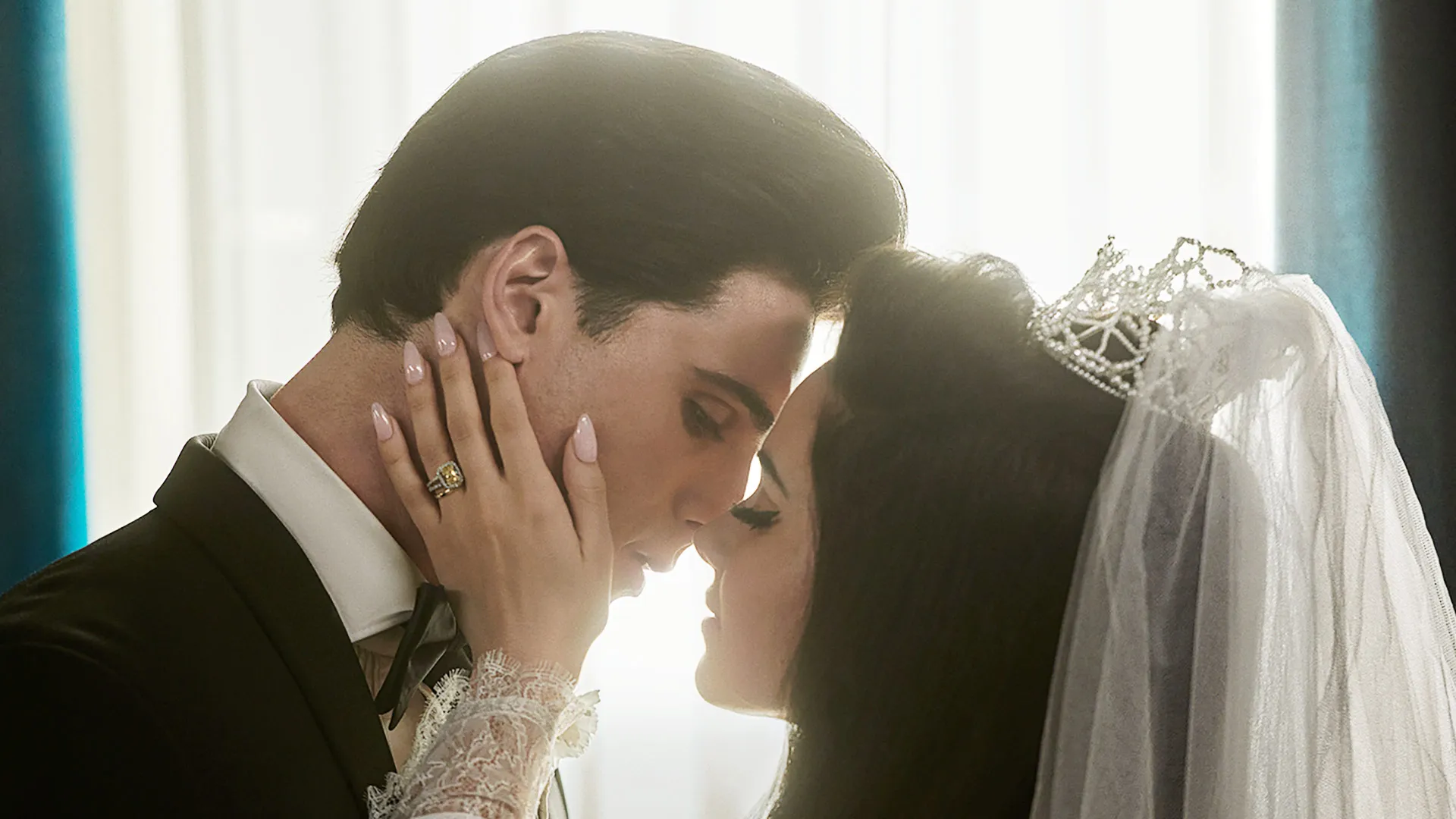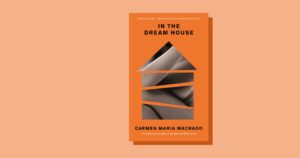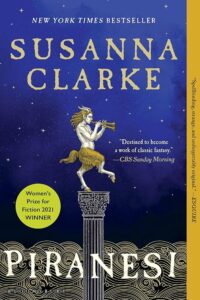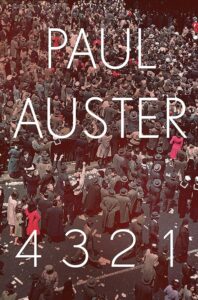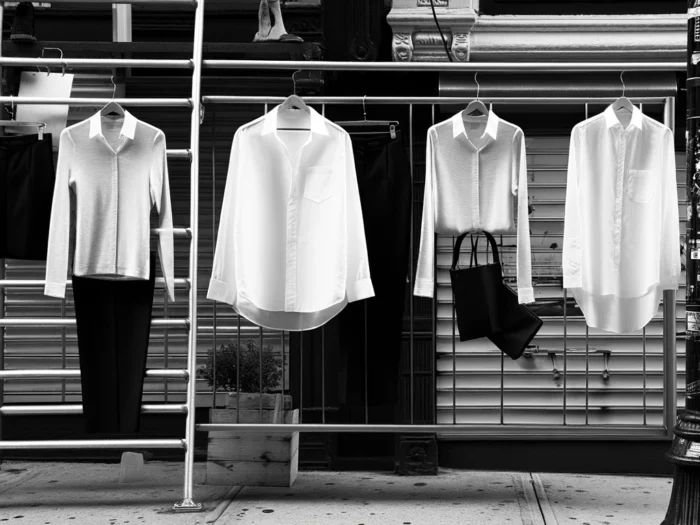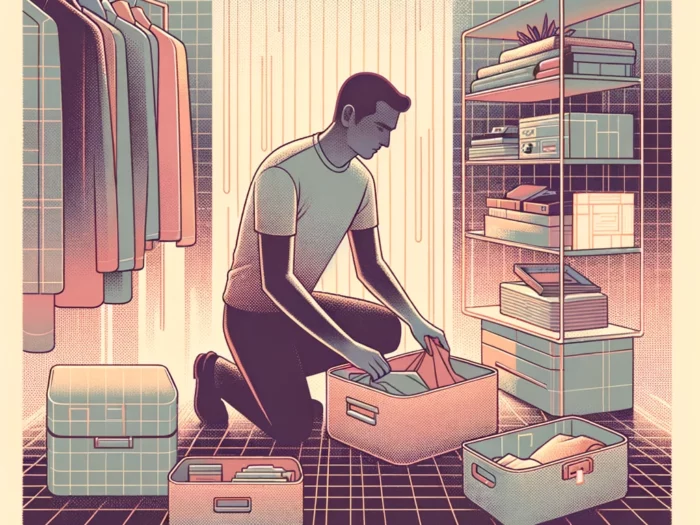Sofia Coppola’s Priscilla is not just a film; it’s an immersive journey into the heart of a complicated relationship, a narrative that resonated with me deeply. At its core is the story of Priscilla Beaulieu, played by Cailee Spaeny, a teenager who finds herself in the whirlwind of a relationship with Elvis Presley, portrayed by Jacob Elordi.
Coppola’s film dives into their relationship, starting from a fairy-tale-like beginning and gradually unraveling into a complex, often toxic marriage. This transformation is portrayed with a sensitivity that captures the nuances of a young woman’s emotional and psychological journey.
The film begins with Priscilla’s life as a lonely American teenager living on a US airbase in Germany. The encounter with Elvis, a charismatic presence who initially mistakes her for an older girl, marks the beginning of a relationship that seems like a rescue from her isolation.
However, as the story progresses, it becomes clear that this fairy tale has darker undertones. Coppola’s portrayal of the relationship never attempts to justify the significant age gap or the inherent power imbalance. Instead, she lays bare the reality of a young woman growing up in the shadow of one of the most famous men alive.
Spaeny’s performance as Priscilla is a revelation. She brings to life the character’s transition from a lovesick teenager to a woman who appears older than her years, burdened by a relationship that gradually wears her down. The emotional journey of Priscilla, as depicted by Spaeny, is both heart-wrenching and compelling. She captures the essence of a character who is constantly adapting to the demands and whims of a partner who exerts control over every aspect of her life.

Elvis, as portrayed by Elordi, is a complex character. Coppola chooses to focus on his private persona, exploring his pill addiction, controlling nature, and flashes of violence. Elordi’s portrayal is nuanced, capturing the transformation of Elvis from a generous and attentive partner to someone whose fame excuses his bad impulses. The dynamic between Priscilla and Elvis, from their courtship to the birth of their daughter Lisa Marie, is portrayed with a raw honesty that captures both their happiest moments and their worst.
Coppola’s filmmaking style in Priscilla is notable for its blend of romance and melancholy. The camera work, particularly the way it captures the pristine rooms of Graceland, adds to the sense of isolation Priscilla feels. Cinematographer Philippe Le Sourd’s use of lucid, dreamy tones and the selection of music contribute to building an idyllic yet isolating landscape. The film’s pacing is deliberate, mirroring the slow curdling of the marriage rather than a rapid disintegration, which adds to the narrative’s depth.
The film’s portrayal of the gradual breakdown of the marriage is a reflection of many relationships that suffer under the strain of fame and personal issues. Priscilla, initially enamored with the idea of being with Elvis, slowly realizes the limitations and the cost of being with someone who is consumed by their own image and needs. This realization, and her subsequent journey towards finding her own identity and strength, is portrayed with a subtlety that speaks to Coppola’s skill as a storyteller.

In Priscilla, Coppola has created a film that is both a portrait of a young woman’s journey through a difficult marriage and a broader commentary on relationships, fame, and personal growth. The film manages to be both a specific story about a specific woman and a universal tale about the complexities of love and identity. It is a film that stays with you, prompting reflection on the nature of relationships and the resilience of the human spirit.
In essence, Priscilla is a cinematic experience that transcends its biopic roots. It’s a film that not only portrays the life of Priscilla Presley but also explores the universal themes of love, growth, and self-discovery. The nuanced performances, coupled with Coppola’s distinctive directorial style, make Priscilla a film that is both emotionally resonant and visually stunning. It is a testament to the power of cinema to tell stories that are both deeply personal and universally relatable.
